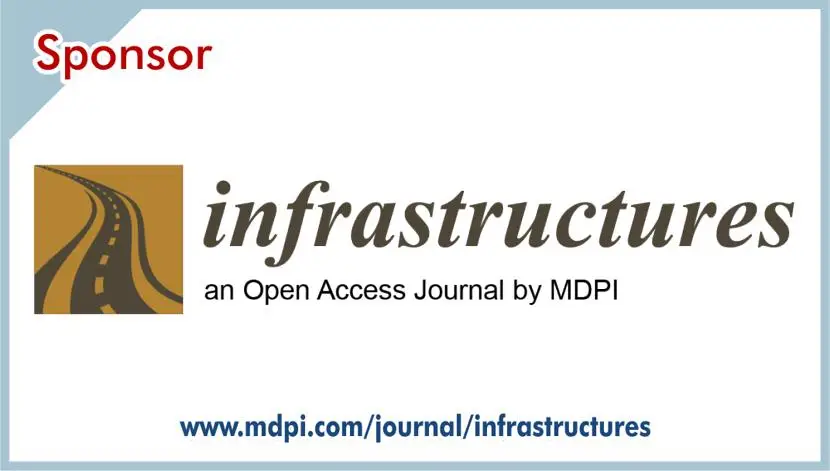

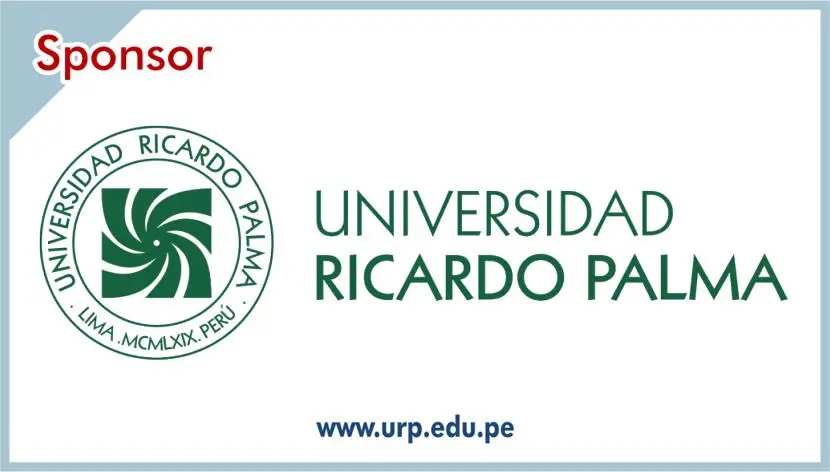
Universidad Ricardo Palma
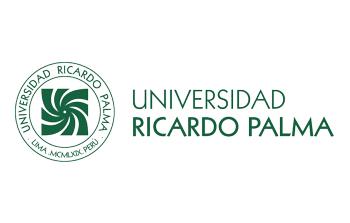 |
SPONSOR |
|
|
|
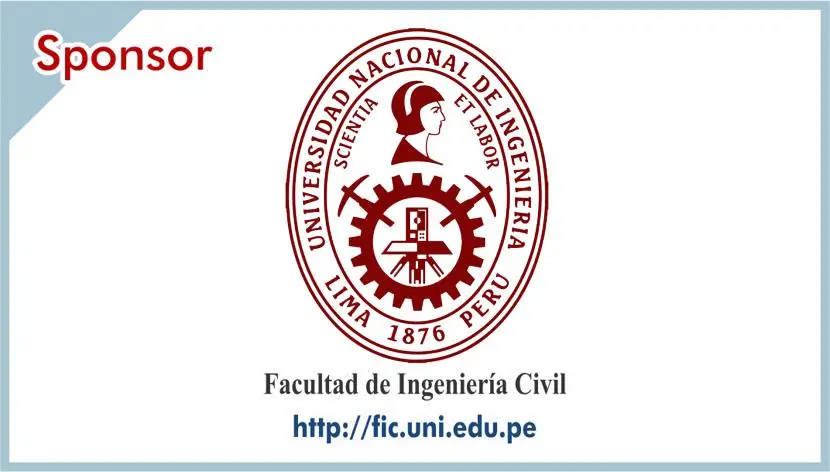
Universidad Nacional de Ingeniería – Facultad de Ingeniería Civil
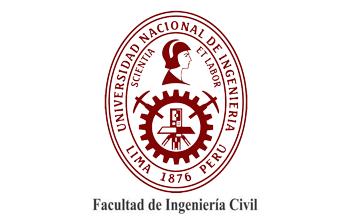 |
Universidad Nacional de Ingeniería
|
|
|
|
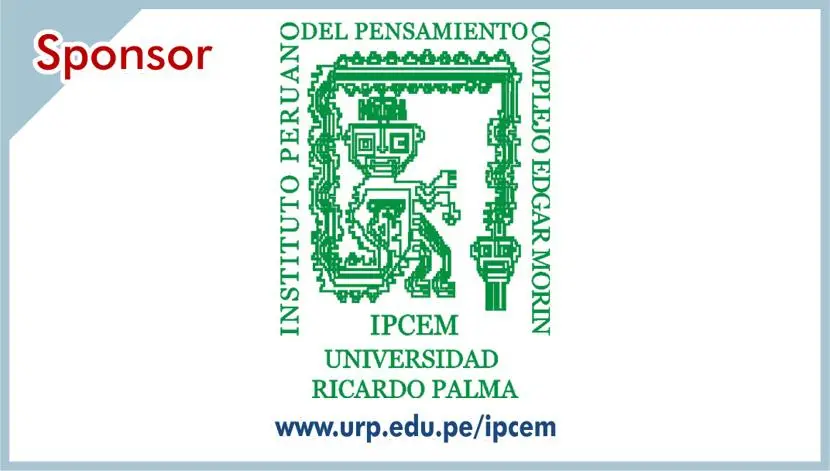
Instituto Peruano del Pensamiento Complejo – Edgar Morin – IPCEM
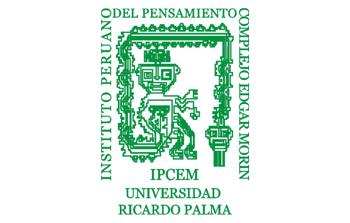 |
Instituto Peruano del Pensamiento Complejo |
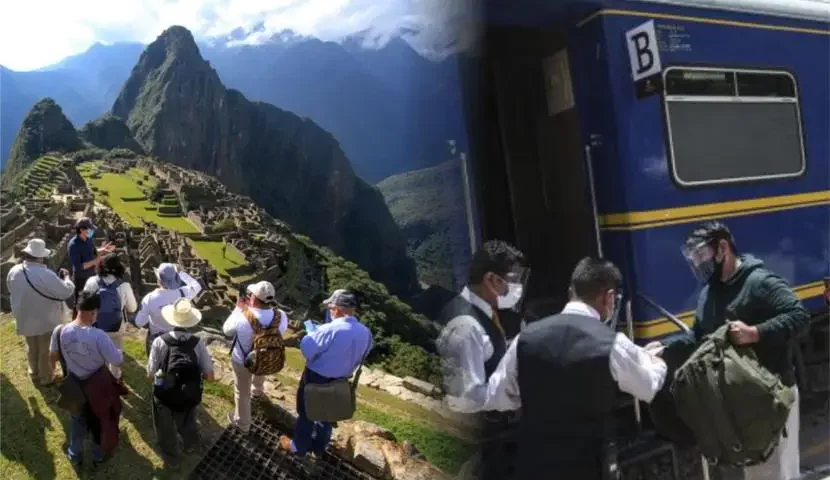
What is new when traveling to Machu Picchu?
Prevention protocol before Covid-19 for the attention of tourist visits in the llaqta or Inca city of Machu Picchu
- Inca Trail to Machu Picchu is fully open.
- To board the trains they no longer request face shields. Temperature checks are also not necessary. You must be fully vaccinated to board the trains.
- To board the buses to Machu Picchu, you need to be fully vaccinated or have a negative COVID test.
- Use of a double surgical mask or a KN95.
- Social distancing of 1 meter.
- Hand disinfection with the supplies provided at the time of entry.
- Forbidden to consume food during the visit.
In addition to this, remember that a total of 3,000 visitors can enter daily at up to nine different times that go from 06:00 a.m. to 3:00 p.m.
In addition, the archaeological center has recently been adapted so that the groups cross each other as few times as possible through the 4 defined unidirectional circuits. Added to this is the disinfection of homes and commercial premises carried out in the district of Machu Picchu Pueblo in the previous months.
These safety and health protocols that both the citadel of Machu Picchu and the PeruRail train service operator have implemented seek that travelers from all over the world can enjoy this world wonder, requiring the active participation and commitment of visitors.
Prohibitions during your visit to the citadel of Machu Picchu
During your visit to the Historic Sanctuary of Machu Picchu, the following is prohibited, among other things:
- Carry backpacks, bags or handbags larger than 40x35x20 cm (16x14x8 inches).
- Enter with food and household items.
- Carry canes, umbrellas, parasols, portable seats, tripods, supports or extensions for cameras, cell phones or any other stabilization or extension element for filming and/or photography.
- Enter with animals, with the exception of guide dogs.
- Make loud or annoying noises such as clapping, shouting, whistling or singing, among others.
- Causing a riot, jumping, lying down, running, undressing or creating disorder.
- Climb or lean on walls and/or structures. Touch, move or extract lithic elements.
- Disturb, collect or extract flora or fauna.
- Smoking, vaping or carrying out any type of fire.
- Throw waste of any kind.
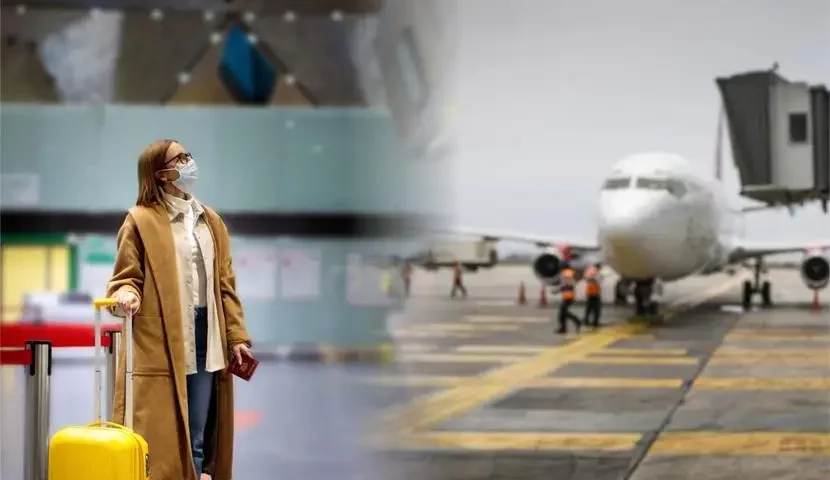
Peru Travel Restrictions Updates – COVID
Updated on May 10, 2022. The use of masks in open spaces is optional in some regions such as Lima.
New Restrictions to Enter Peru
- Peruvians, resident foreigners and non-resident foreigners over 12 years of age, regardless of their country of origin, must prove that they have completed the vaccination against Coronavirus.
- Unvaccinated individuals must present a negative PCR test taken within 48 hours.
- Children under the age of 12 can board the plane without a PCR test as long as they are asymptomatic.
- People who show symptoms when entering the country’s territory will be monitored and will be subject to mandatory 14-day isolation.
- Everyone entering Peru must complete the “Electronic Affidavit of Health and Geolocation Authorization” within 72 hours prior to travel.
Restrictions within Peru:
- Those over 12 years of age will be able to board interprovincial flights and buses only if they are fully vaccinated.
- Unvaccinated individuals must present a negative PCR test taken within 48 hours.
- Those over 18 years of age must have a booster shot to board domestic flights and ground transportation.
- Otherwise, they must submit a negative PCR test taken within 48 hours.
- Everyone must complete the “Electronic Affidavit of Health and Geolocation Authorization.”
Border Restrictions:
All land borders are open, travelers must be vaccinated to board.
Wearing a mask is mandatory in all public areas:
- In Áncash, Ica, Lima, the use of masks in open spaces is optional.
- The other regions, the use of masks is mandatory in all public places; 1 KN95 mask or 1 3-ply disposable mask + 1 reusable cloth mask is required.
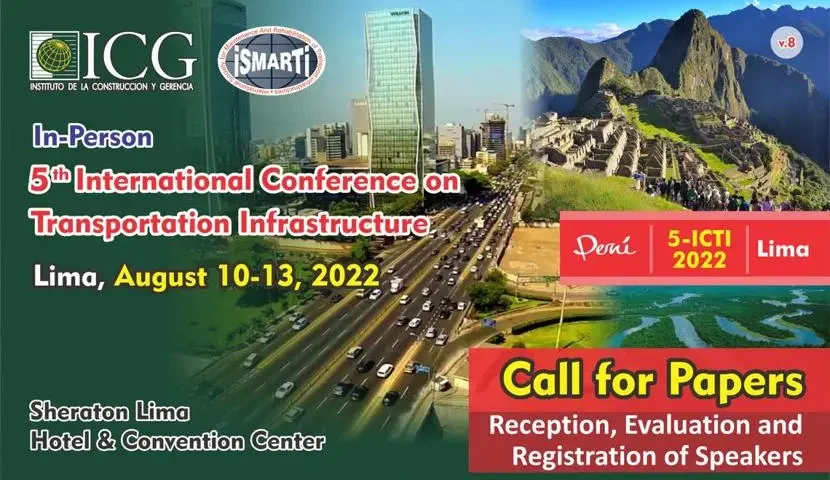
Reception, Evaluation and Registration of Speakers
| >> Download paper format. >> Register and submit your paper here. |
 |
 |
REGISTRATION
Open enrollment:
- Email: info@icti.pe
- Mobile Phone: +51 1 988 616 341
INVITATION
International Society for Maintenance and Rehabilitation of Transport infrastructures (iSMARTi) & Construction and Management Institute (Instituto de la Construccion y Gerencia, ICG) are pleased to invite you to the 5th International Conference on Transportation Infrastructure in Lima-Peru from 10 to 13 August 2022.
See more details in >>
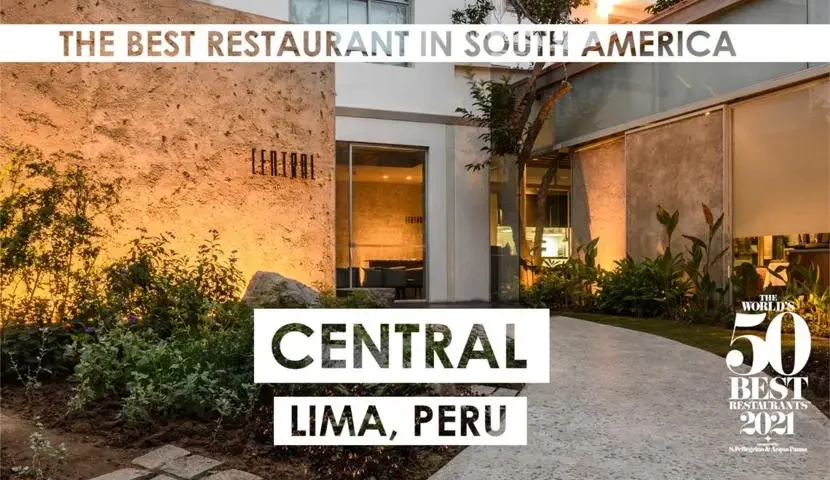
Central de Peru is the fourth best restaurant in the world and the first in South America in 2021.
Chef Virgilio Martínez and Pía León, recognized for their gastronomic exploration of Peru’s biodiversity, Central de Peru is the fourth best restaurant in the world and the first in South America in 2021. “The Central team, with the research center Mater Initiative, make up a group of expeditioners full of curiosity about Peru”, defines himself, where he signs a singular commitment to rediscover products, which go from the Coast to the Amazon, with the Andes as the axis, and to translate them into creative dishes. It is the gastronomic verticality of a chef, who prefers to take risks and move away from the most orthodox avant-garde to observe “the world from a different level” and create recipes that are accompanied by height measured in meters according to the origin of their ingredients (sometimes undocumented and cataloged by the chef and his team). Central is a restaurant with two floors, capacity for around 70 diners and a glazed kitchen overlooking the dining room, from where you can see Virgilio Martínez and Pía León finishing and checking dishes on the show.
As beverage options, the menus can be harmonized with a pairing of wines or juices (non-alcoholic), also made with Andean ingredients and under a format designed by the sommelier, coordinated with the kitchen and pastry team. “It’s about using ingredients from the same heights to complement the food.” In addition, at the entrance of the restaurant, there is a cocktail bar, an area with a bar, high stools and an informal menu of dishes, various non-alcoholic drinks and interesting cocktails, many based on a ‘made in Central’ philosophy.
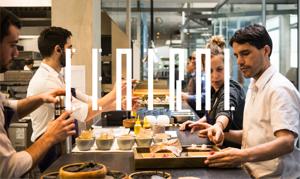 |
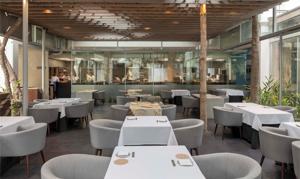 |
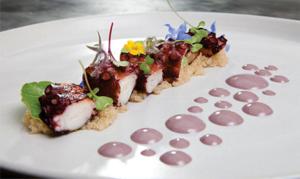 |
||
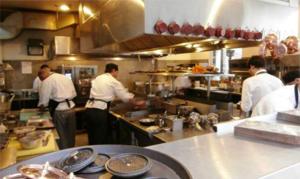 |
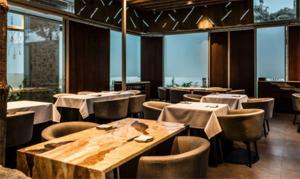 |
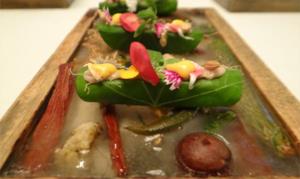 |
More information in: www.centralrestaurante.com.pe
Source

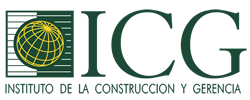
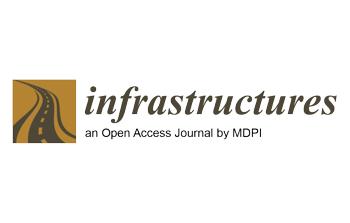
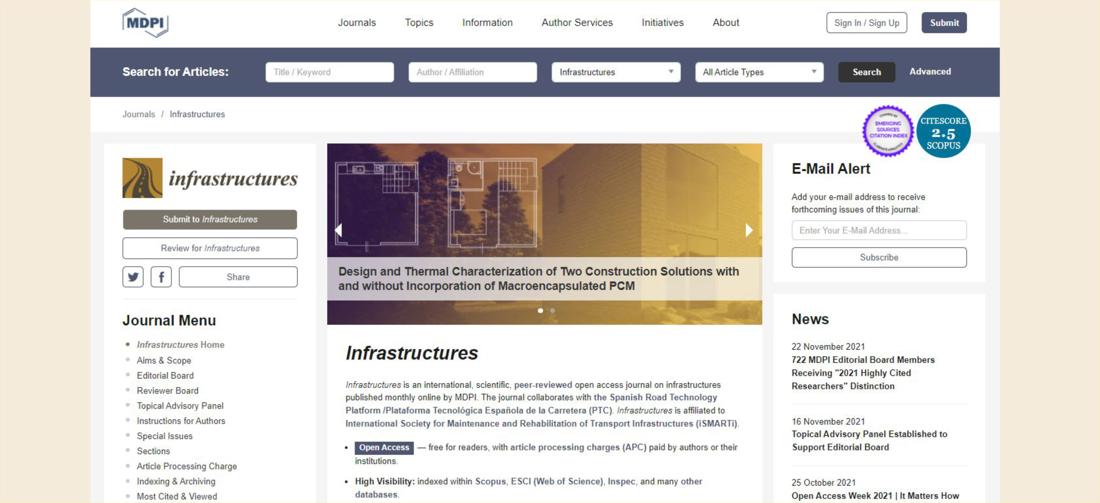
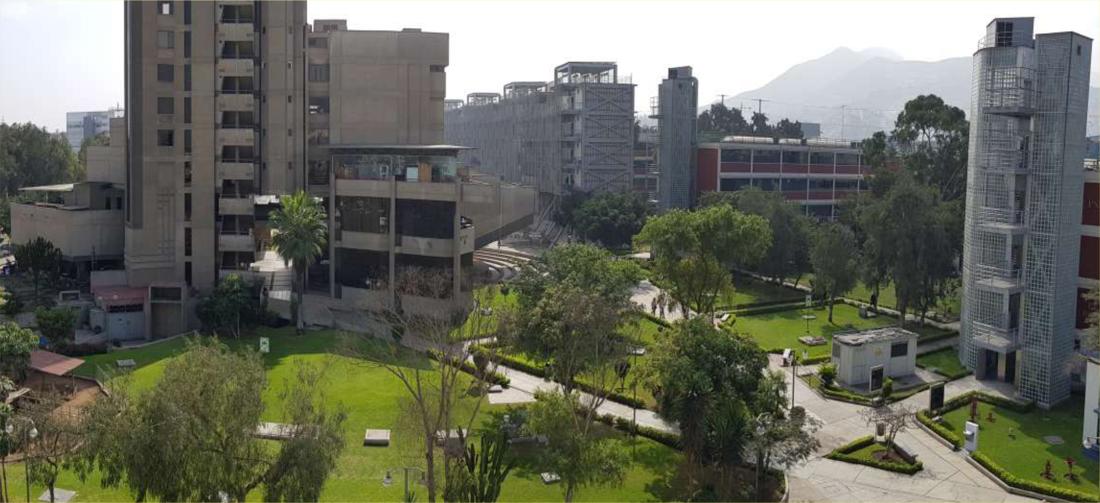
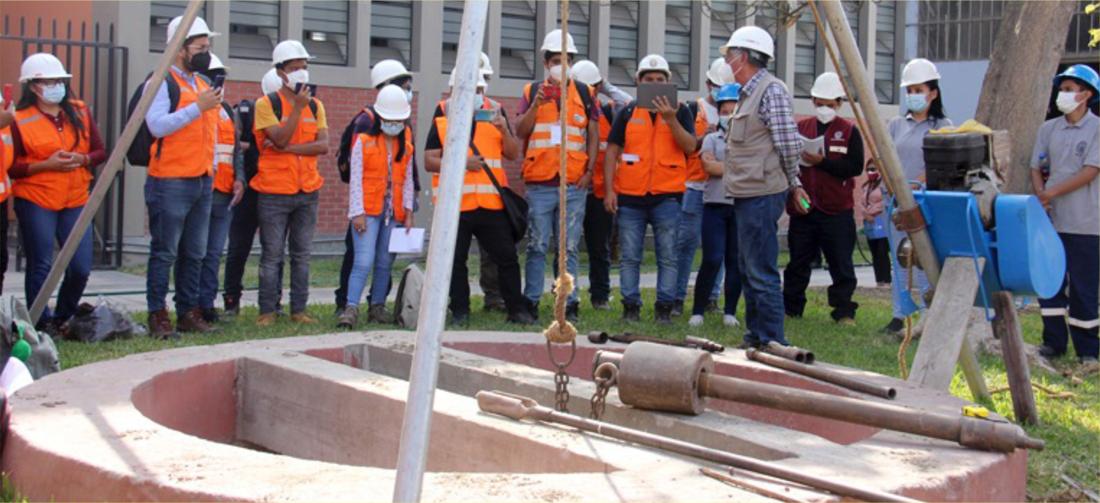
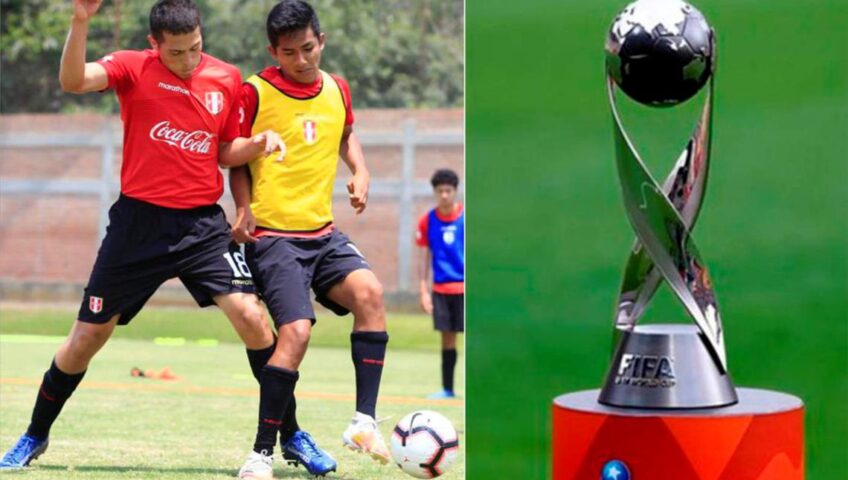
Recent Comments